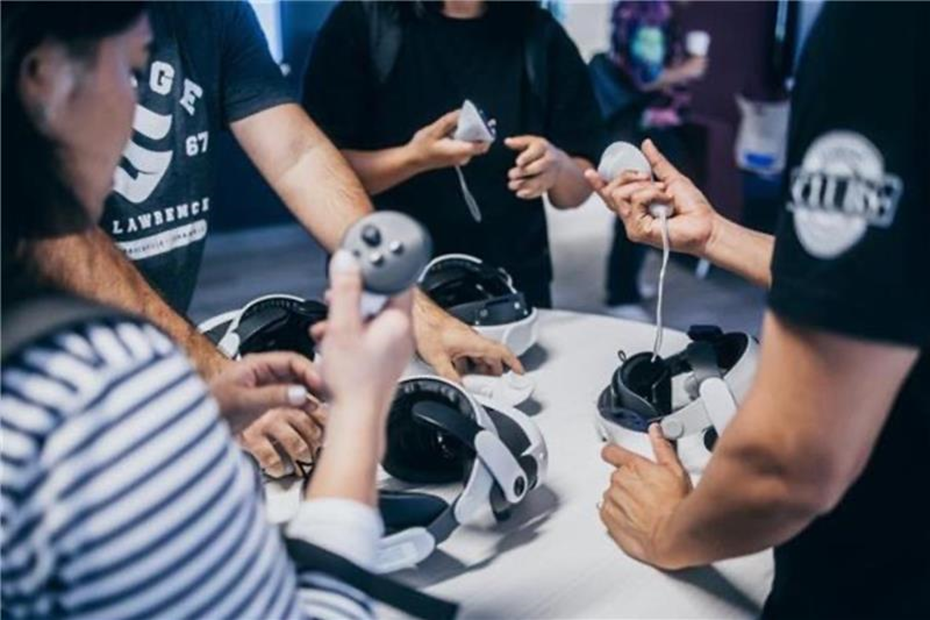With a $20,000 grant from the TELUS Ottawa and Eastern Ontario Community Board, through the TELUS Friendly Future Foundation, St. Lawrence College is expanding the Job Readiness Project, leveraging Artificial Intelligence (AI) and Virtual Reality (VR) technology to prepare students for high-pressure front-line roles in social and mental health services. This initiative addresses workforce shortages and high attrition rates in the Kingston area, where new graduates face overwhelming challenges transitioning from classroom learning to real-world crises.
The Job Readiness Project enables students in SLC’s School of Community Services programs – such as Community & Justice Services, Child and Youth Care, and Social Service Worker – to rehearse their responses to realistic scenarios that reflect situations Community Services graduates will encounter in the field. This immersive technology provides hands-on training, helping students build confidence and resilience while practicing responses to intense situations, like supporting individuals in crisis.
“The support from TELUS Friend Future Foundation, for this phase of the Job Readiness Project, will empower future front-line social and mental health service workers to practice responses to realistic situations in a safe and supported learning environment,” said Jamie Belec, Associate Dean, School of Community Services. “The transition from classroom to front-line community service can be difficult. Faculty-led research and development of immersive simulations is one of the ways SLC is addressing the healthcare needs of the communities we serve.”
Designed with accessibility in mind, the AI/VR simulations allow students with sensory needs or trauma histories to control their exposure to scenarios, ensuring a safe learning environment.
This project will measure success through surveys, usage data, and learning outcomes, with faculty researchers exploring the broader applications of AI/VR across core programs. These findings will guide the creation of additional scenarios that reflect emerging community needs and challenges.
By integrating AI/VR into its curriculum through support from TELUS Friendly Future Foundation, SLC is enhancing job readiness, equipping 450 students annually with critical skills and addressing barriers to equitable learning. This initiative not only prepares graduates for demanding careers but also reinforces SLC’s role as a leader in experiential and simulation-based education.
Virtual Reality Enhances Job Readiness at SLC
